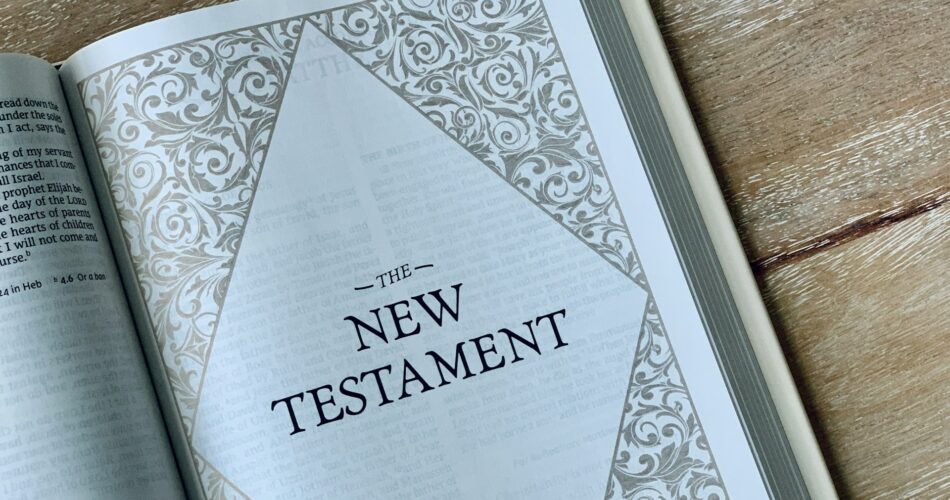State Supreme Court Sides With Christian Judge
The Texas Supreme Court ruled in favor of Dianne Hensley, a justice of the peace in Waco who was reprimanded by the State Commission on Judicial Conduct for refusing to perform same-sex weddings. The court reinstated her lawsuit against the Commission, overturning previous decisions that questioned her right to pursue legal action after not appealing the Commission’s warning through the established judicial review process.
Chief Justice Nathan Hecht, writing for the majority in an 8-1 decision, emphasized that Hensley’s lawsuit was not barred by her initial decision regarding the Commission’s warning or by sovereign immunity. The court affirmed part of the appeals court’s ruling while reversing others, directing further consideration of the case’s remaining issues.
Hensley, represented by attorneys from Mitchell Law LLP and the First Liberty Institute, argued that her refusal to officiate same-sex weddings was protected under the Texas Religious Freedom Restoration Act and reflected her religious beliefs. She maintained that her referral system for same-sex couples seeking marriage officiants did not compromise her judicial impartiality, as evidenced by no complaints about her fairness in judicial matters.
The court’s decision underscored that judicial duties do not require judges to officiate weddings and clarified that Hensley’s religious beliefs did not indicate bias. Justice Jimmy Blacklock, in a concurring opinion with Justice John Devine, criticized the Commission’s actions as discriminatory against religious beliefs, asserting that Hensley’s stance was lawful and did not undermine judicial impartiality.
The First Liberty Institute applauded the ruling, seeing it as a victory for religious liberty. Executive General Counsel Hiram Sasser praised Hensley’s approach as a model for public officials balancing personal beliefs with public responsibilities, affirming her right to seek justice under religious liberty protections.
Hensley expressed gratitude for the court’s decision, emphasizing her commitment to upholding religious freedom and the rule of law. The case now returns to lower courts to address remaining legal issues on appeal.
